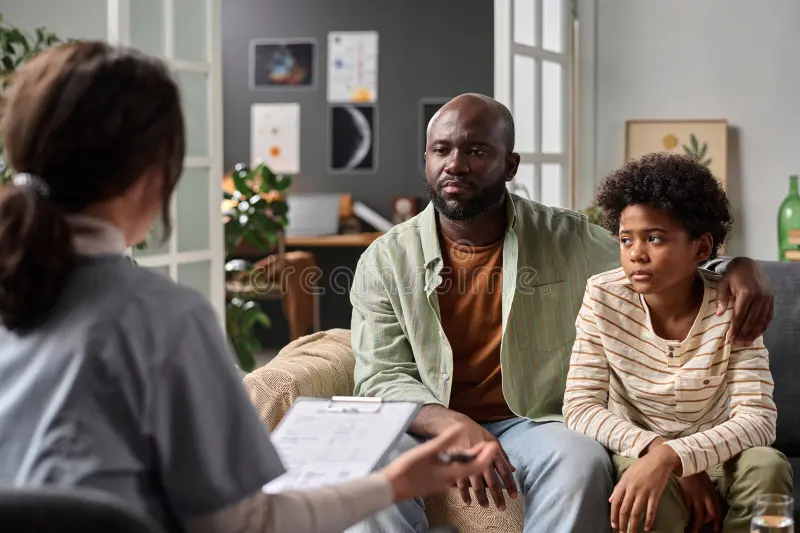24/7 Helpline:
(866) 899-111424/7 Helpline:
(866) 899-1114
Learn more about Morphine Rehab centers in Randolph County
Morphine Rehab in Other Counties

New Horizons Behavioral Health- Randolph County Mental Health and Substance Abuse Center
New Horizons Behavioral Health- Randolph County Mental Health and Substance Abuse Center is a privat...




































Other Insurance Options

Optima

Kaiser Permanente

Choice Care Network

Ceridian

Multiplan

Carleon

MVP Healthcare

Oxford

PHCS Network

BlueShield

Evernorth

MHNNet Behavioral Health

UMR

GEHA

Self-pay options

Highmark

Anthem

Magellan Health

Sutter

BlueCross